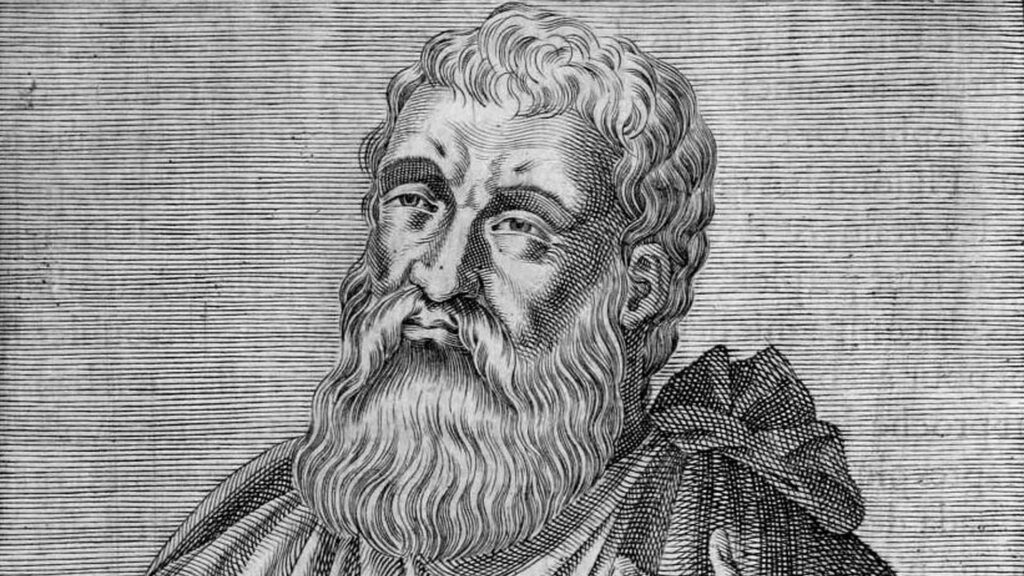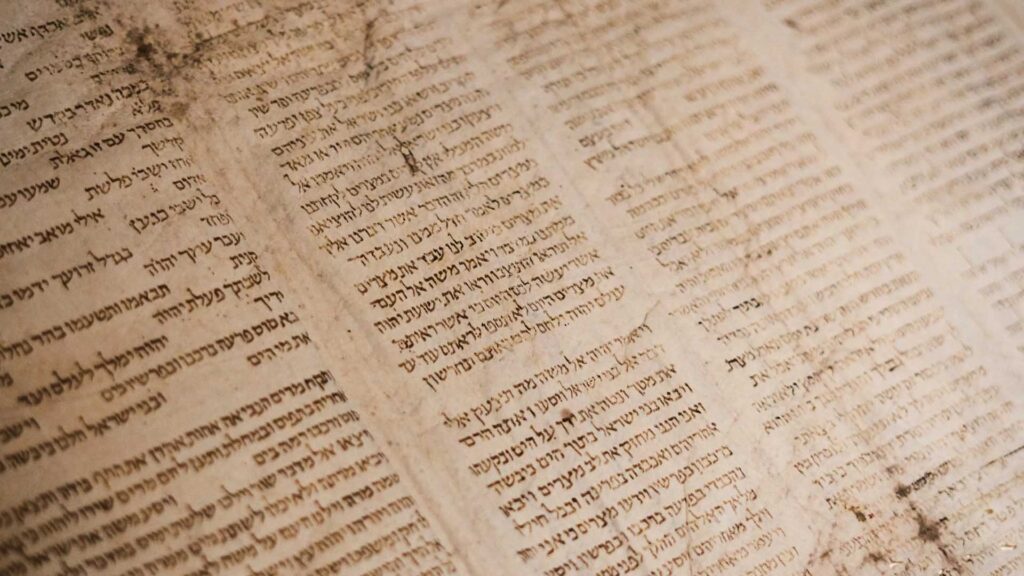
Church Fathers Write Against the Sabbath
In the early centuries of Christianity, some church fathers wrote against the Sabbath as part of their anti-Jewish rhetoric. For example, Justin Martyr (c. 150) of Rome argued in his Dialogue With Trypho (chapter 42) that it had been given to the Jews only because they were hardhearted. He is also the first known writer to mention Christians engaged in weekly Sunday worship. Irenaeus (c. 185) dispensed with the Sabbath commandment as unnecessary for Christians, as well as for Abraham and the other patriarchs before Moses. In the early third century, Tertullian, in his work On Prayer (chapter 23), mentioned those who insisted on showing the same respect to Sabbath as to Sunday by standing instead of kneeling in prayer in church on those days.





